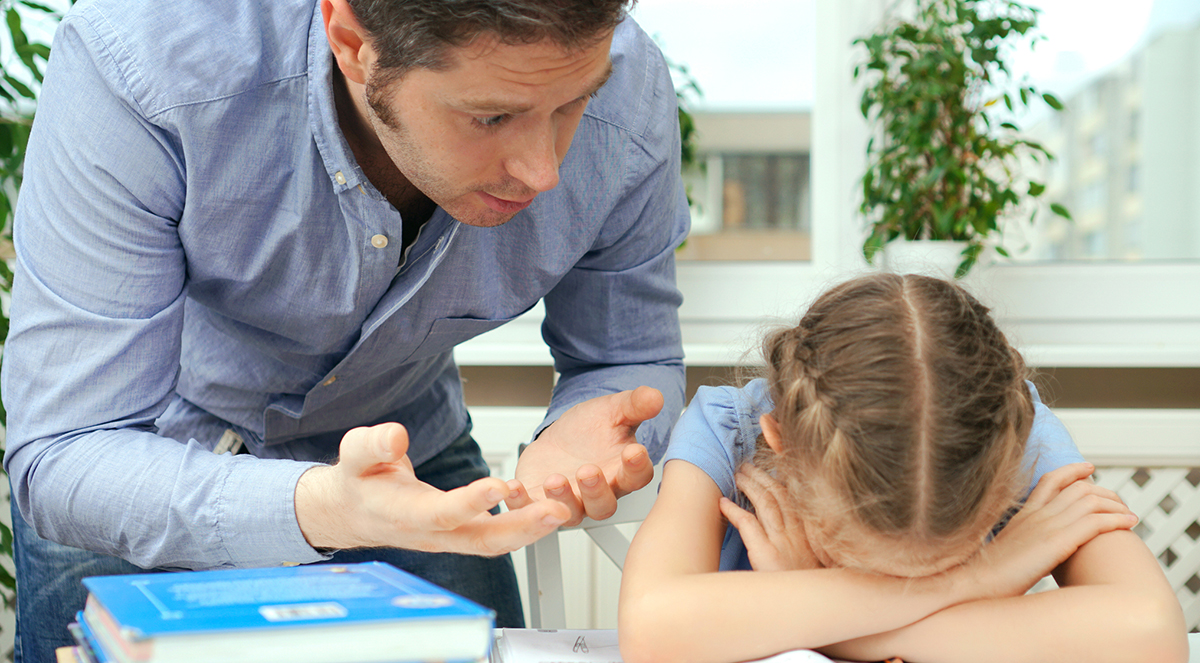Signs Your Child Is Stressed & How To Help Them Cope
Reducing Your Child’s Stress

How can a parent help their child reduce their stress and anxiety in what seems like a constantly stressed-out world? For starters, ensuring your child gets proper rest and great nutrition at home can help boost their coping skills. Additionally, good parenting is a great help, as parents who make time for their kids every day can greatly lessen the amount of stress and anxiety their child faces. Whether the child just needs to talk or be in your presence, parents should make themselves available for whenever their child needs them. Remember, do not try to force your kid to talk about what is going on, as sometimes children just feel better when they spend time with their parents and do fun activities with them.
By expressing interest in your child, their needs, and what they enjoy, parents are openly communicating to the child they are important and they will be there for them no matter what, which can be incredibly comforting during a difficult time. Remind your child some stress is normal and it is okay to feel angry, frustrated, scared, lonely, or anxious, and other individuals experience the same emotions and situations they do as well. Reassurance is essential, and parents should always remind their kids they are confident they can handle the situation and manage their own stress in their life.
Helping Your Child Cope

If your child refuses to discuss their problems with you, sometimes it can be helpful to try talking about your own and show them it is okay to be vulnerable and honest about their feelings and what they are dealing with. As a parent, you are their role model and therefore lead by example. This further proves you, the adult, are willing to tackle tough subjects and are available to talk whenever your child is ready. Help your child cope by discussing what is causing their stress and come up with solutions together of how to manage their stress and anxiety, or even eliminate it. If your child is unwilling to talk or shows concerning symptoms or you notice they worsen, consult a therapist or other mental health professional. Beyond talking, some helpful solutions are to cut back on after-school or weekend activities, spend more time talking and doing activities with them, and encourage your children to even speak to other trusted adults such as their teachers, counselors, and even their close friends.
